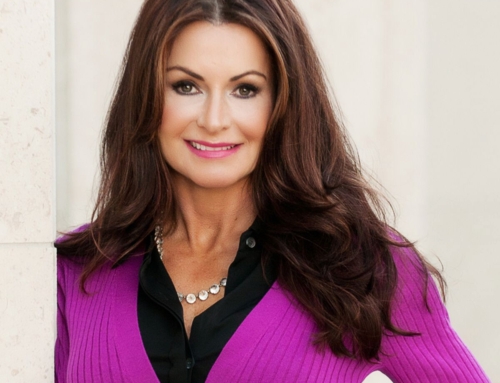22 veterans kill themselves every day in the United States alone. By nature, veterans help people around world — it is now our time to help them. There is help to process and progress out of PTSD. In personal healing retreats, perhaps cannabis and connection to a peer supported community, are the keys to this.
I had the pleasure of interviewing Calum Hughes, the founder and CEO of Allied Corp. that founded Allied out of sheer passion for saving lives. Calum is a Registered Kinesiologist with the British Columbia Association of Kinesiologists and has also completed a Post Baccalaureate Diploma in Gerontology. He has researched and developed cannabis treatments to target certain strains of the plant to help treat PTSD in first responders and veterans. Previously, he worked as an Adjunct Professor for the UBC Faculty of Health and Social Development, as a Consultant to several large for-profit and non-profit Health Organizations and Nutraceutical Manufactures.
Thank you for joining us! You are a person of great influence. If you could inspire a movement that would bring the most amount of good to the most amount of people, what would that be? You never know what your idea can trigger. 🙂
A great statement that I like to share at meetings, that I feel can carry into many facets in life is, ’vulnerability’ is not a measure of how much you are willing to share about yourself to others. To me, it is a word that describes how willing you are to ‘show up’ in every moment as your authentic self. I find that this statement inspires the beginning of the healing journey out of trauma.
Can you share with us the story about what brought you to this specific career path?
In the early days of my career I worked in a physical therapy clinic treating cerebrovascular and cardiovascular rehabilitation patients. While working here, I witnessed great progress with some progressive doctors who used cannabis for multiple sclerosis patients. This sparked an interest about the medical potential and capabilities of medicinal cannabis. I continued research in medical literature through my post graduate educational years. There was not a lot of published literature about cannabis treatments, as the field was so new.
Between 2005 and 2015, I spent the majority of my career in a hospital infrastructure, managing quality assurance departments for seven hospitals in a Canadian health authority. This career path set a sound foundation for myself in the medical field, complex medical systems, and investigations of serious unintended medical events. I was a director of a 140 bed, full scope hospital for approximately one and a half years. Around 2012, I also began teaching at the University of British Columbia where I taught health evaluation courses. During this time, I also created a software that enabled healthcare teams to report on real time data — I had my hands full!
The year after, Canada came forth with the Medical Marijuana for Medical Purposes Regulations (MMPR). I saw an opportunity to utilize my software in order to help enable the quality assurance requirements under the MMPR. This was my entry into the medical cannabis industry! I was invited to view and provide consult over 48 applications to Health Canada, in order for companies to become commercial licensed producers. During this time, I met Physicians who were actively prescribing cannabis for targeted medical conditions. One of the seemingly effective conditions was Post Traumatic Stress Disorder (PTSD). The medical need was so great, and still is, that I decided to devote my entire focus to decrease the scary statistic that approximately 22 veterans end their own lives in the United States each day.
Can you share the most interesting story that happened to you since you began leading your company?
There have definitely been some interesting meetings that we have been invited to over the years. One memorable meeting was being escorted into the Bogata airport to meet with the National Anti-Narcotics division. The meeting was to discuss PTSD, cannabis in Colombia, the national regulations, and convince the council that what we have learned and researched could lend some assistance and guidance to the country of Colombia.
Can you share a story about the funniest mistake you made when you were first starting? Can you tell us what lesson you learned from that?
Well I don’t think it is really a mistake but a humorous and “cute” story nonetheless. I had flown into Colombia and arrived at the immigration check-in counter. The officer was very stoic and short, she asked for my passport, per usual inspection, and I thought, “Here we go, I’m in for a few hours of questioning.” When I passed my passport across the counter, a little picture fell out that my 4 year old had drawn for me before I left Canada and slipped into my passport. It was a funny drawing of my face and under it said “I heart dad.” The border guard’s demeanor melted and she gave me my passport back with no more questions — I was very much relieved. Lesson learned, children bring the important things back to life every day!
Are you working on any exciting projects now?
The most exciting is some research, which I can not elaborate on at this moment, but involves some very stimulating medical data and discoveries being made. We are in collaboration with a group out of Israel who is researching animal models and subjects with PTSD and cannabis. We can’t wait to bring our findings to human trials!
None of us are able to achieve success without some help along the way. Is there a particular person who you are grateful towards who helped get you to where you are? Can you share a story?
I am grateful to all of the families who have lived the PTSD story. This has fueled our business, strategy and benevolent approach. The people who are working on PTSD recovery are the heroes in this story.
This industry is young, dynamic and creative. Do you use any clever and innovative marketing strategies that you think large legacy companies should consider adopting?
I try to use an authentic approach to tell the story of those people who have taken their lives due to the trauma that they have been living with. We don’t use any clever marketing tricks, rather an authentic voice from the soldiers and first responders who have lived through processing PTSD out of their lives and are back to living well again due to cannabis.
Can you share 3 things that most excite you about the Cannabis industry? Can you share 3 things that most concern you?
What Excites Me
1. We are just scratching the surface on the medical benefits that we will find from the research that we are conducting
2. It is exciting to see the amazing results that trials are having with cancer, epilepsy, seizures, inflammation, and many, many more.
3. The business opportunity is of course exciting as well! The team we have assembled has a proven track record of success. We are excited.
What Concerns Me
1. A concern is that perhaps the lasting stigma of the medicine may prevent some of those that really need it.
2. Valuations of some of the public companies currently in the market place may be creating a bit of an inflated market value. Commodification of production is coming fast. Allied Corp. is ready for that with our large scale production in Colombia.
3. Access to medicine in an efficient manner is my main concern. Getting medicine to those that need it should be a top priority for legislation.
Can you share your “5 Things I Wish Someone Told Me Before I Started Leading a Cannabis Business”? Please share a story or example for each.
1. This industry is a lot of fun! Get ready to have grand time helping a lot of people.
a. Allied Corp.’s conducts healing retreats and has built a robust online community that includes learning resources whereby we help veterans understand the holistic approach to healing with cannabis.
b. The medical potential goes far beyond what you may have imagined.
Medical cannabis isn’t only a plant. By using scientific methods, we can pull certain strains of cannabis to use to heal specific health issues.
2. This industry is global already, however, is existing covertly. One by one, as nations legalize, the size of this market is revealing itself.
Allied Corp.’s business model reflects a focus on strain development and end-product processing in Canada, with large scale production occurring in Colombia, where climate and growing conditions are ideal and production costs are low
3. 22 veterans kill themselves every day in the United States alone. (If this was told to me 5 years ago, this is all that I would have focused on).
By nature, veterans help people around world — it is now our time to help them.
4. There is help to process and progress out of PTSD. In personal healing retreats, perhaps cannabis and connection to a peer supported community, are the keys to this.
Having a support system is key and everyone’s healing journey is different.
What advice would you give to other CEOs or founders to help their employees to thrive?
Be authentic and vulnerable. Show up to each moment as your authentic self, this approach is viral to team motivation.

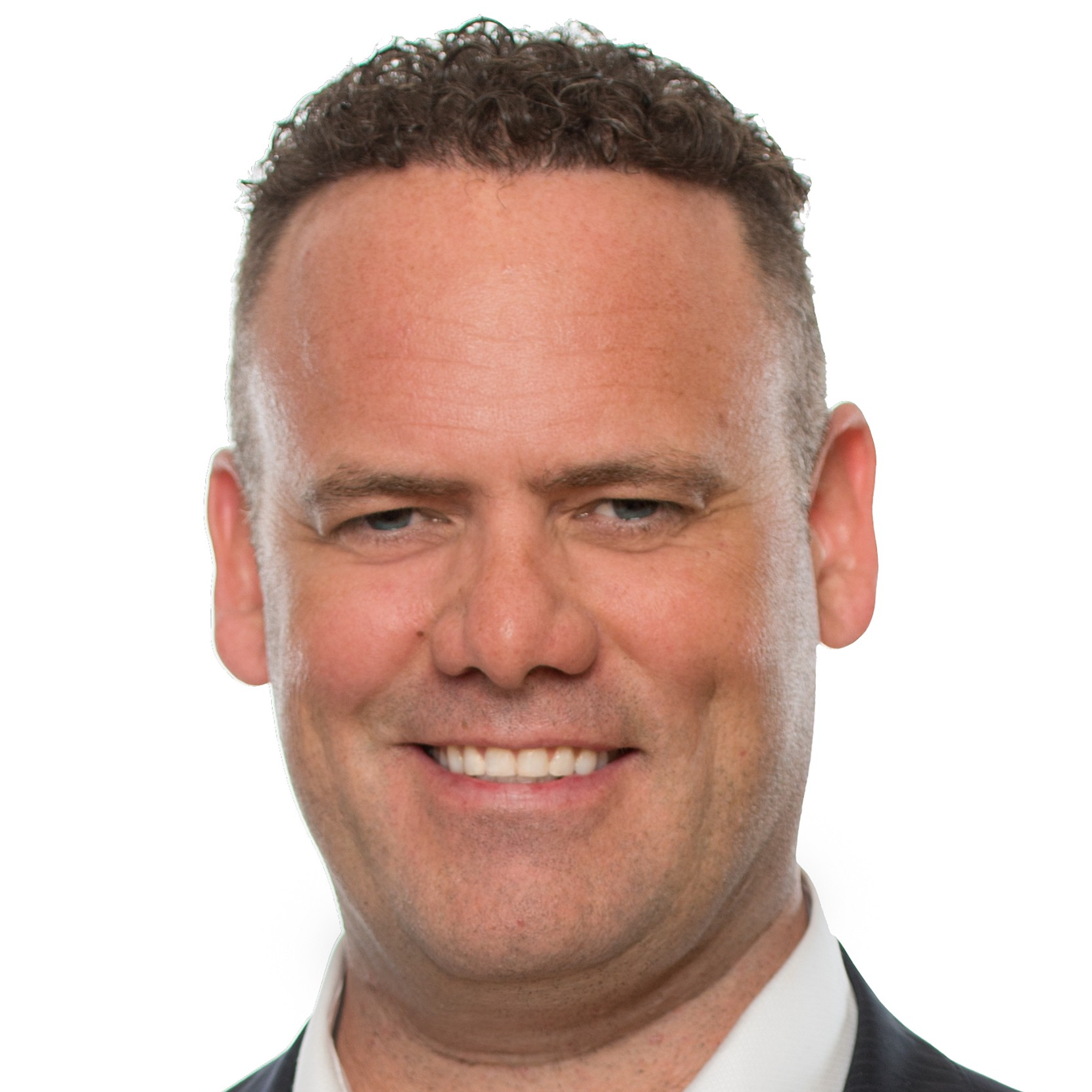
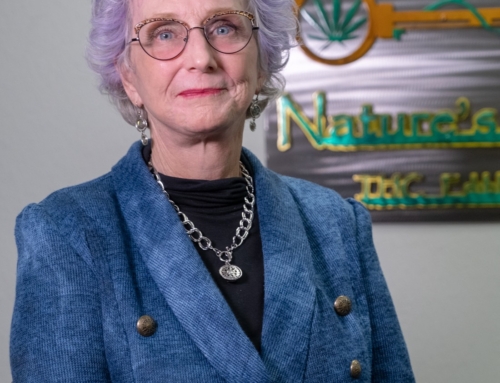
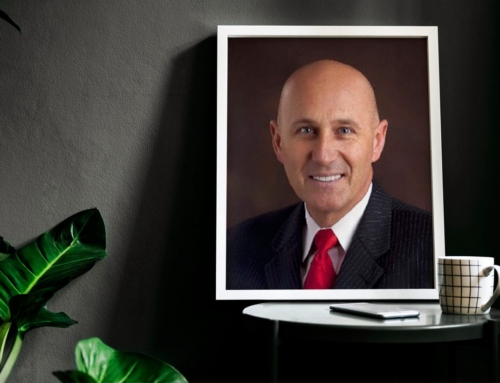
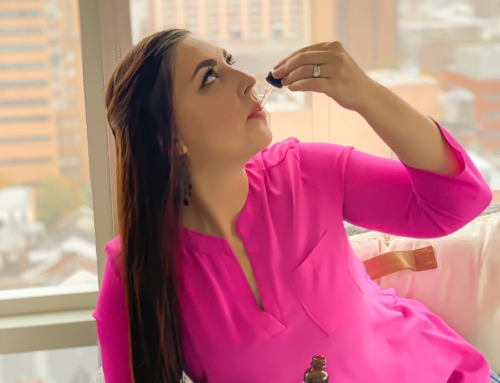

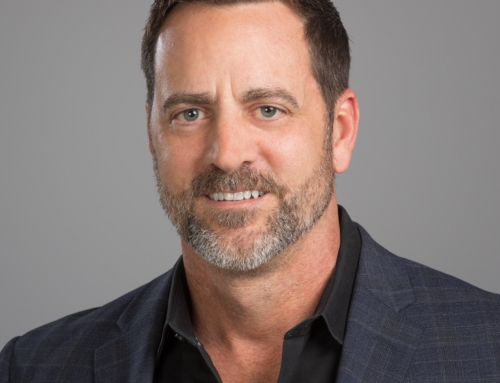
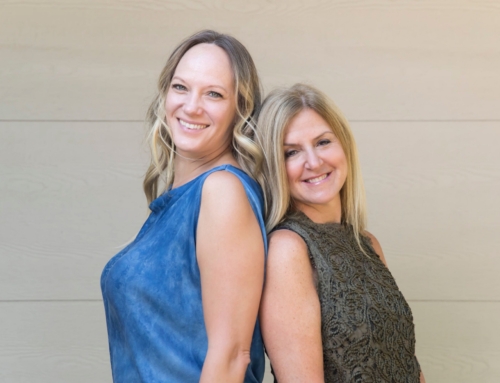
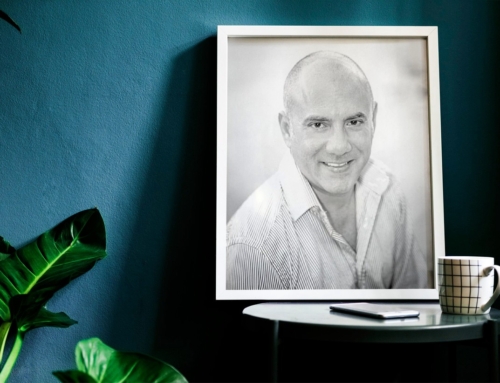
![“The potential to help people [in this industry] is enormous, but there’s still so much to learn.” – Ramon Alarcon, Witi](https://cf.lakesideremedy.com/wp-content/uploads/2020/12/1thj5ekUyxQ69iLz1JJyODg-scaled-e1607882756286-500x383.jpeg)
